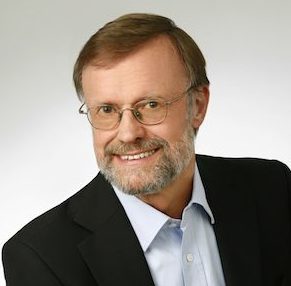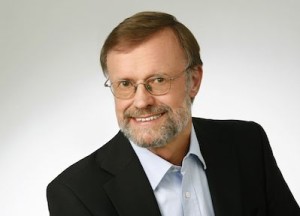In this video from the HPC User Forum, Wolfgang Gentzsch from the UberCloud presents: Personalized Healthcare with High Performance Computing in the Cloud.
The concept of personalized medicine has its roots deep in genomic research. Indeed, the successful completion of the Human Genome Project in 2003 marked a critical milestone for the field. That project took $3 billion over 13 years. Today, thanks to technological progress, a similar sequencing task would take only about $4,000 and a few weeks. Such computational power is possible thanks to cloud technology, which eliminates the barriers to high-performance computing by removing software and hardware constraints.”
But while our knowledge of the human genome offers incredible promise for the diagnosis, treatment and prevention of diseases, it is certainly not the only source of advancements in personalized medicine. Accelerated by cloud-based technologies, computational simulations are an ideal tool for personalized medicine. They can help identify which treatments are most likely to be effective for an individual patient, which can reduce the risk of unnecessarily treating a patient with an expensive, risky or highly invasive protocol.
One great example of this is an award-winning UberCloud experiment conducted to evaluate the efficacy of Transcranial Direct Current Stimulation (tDCS), a non-invasive treatment for schizophrenia. Using multiple electric fields placed on the scalp, the procedure precisely activates selected regions deep in the brain that cause schizophrenia.
The technology and techniques used in these virtual human brain simulations could be used to develop safer, more cost-effective treatments for other neuropsychiatric disorders, such as depression, Parkinson’s disease and obsessive-compulsive disorder. Furthermore cloud-based computational simulations have diverse potential applications for treating many other medical conditions and for addressing complex medical challenges.
Wolfgang Gentzsch is an industry executive consultant for high performance, technical and cloud computing. He was the Chairman of the Intl. ISC Cloud Conference Series, an Advisor to the EU projects DEISA and EUDAT, directed the German D-Grid Initiative, was a Director of the Open Grid Forum, Managing Director of the North Carolina Supercomputer Center (MCNC), and a member of the US President’s Council on Science & Technology PCAST. In the 90s Wolfgang founded several HPC companies, including Gridware (which developed the distributed resource management software Grid Engine) acquired by Sun where he became Sun’s Senior Director of Grid Computing.





